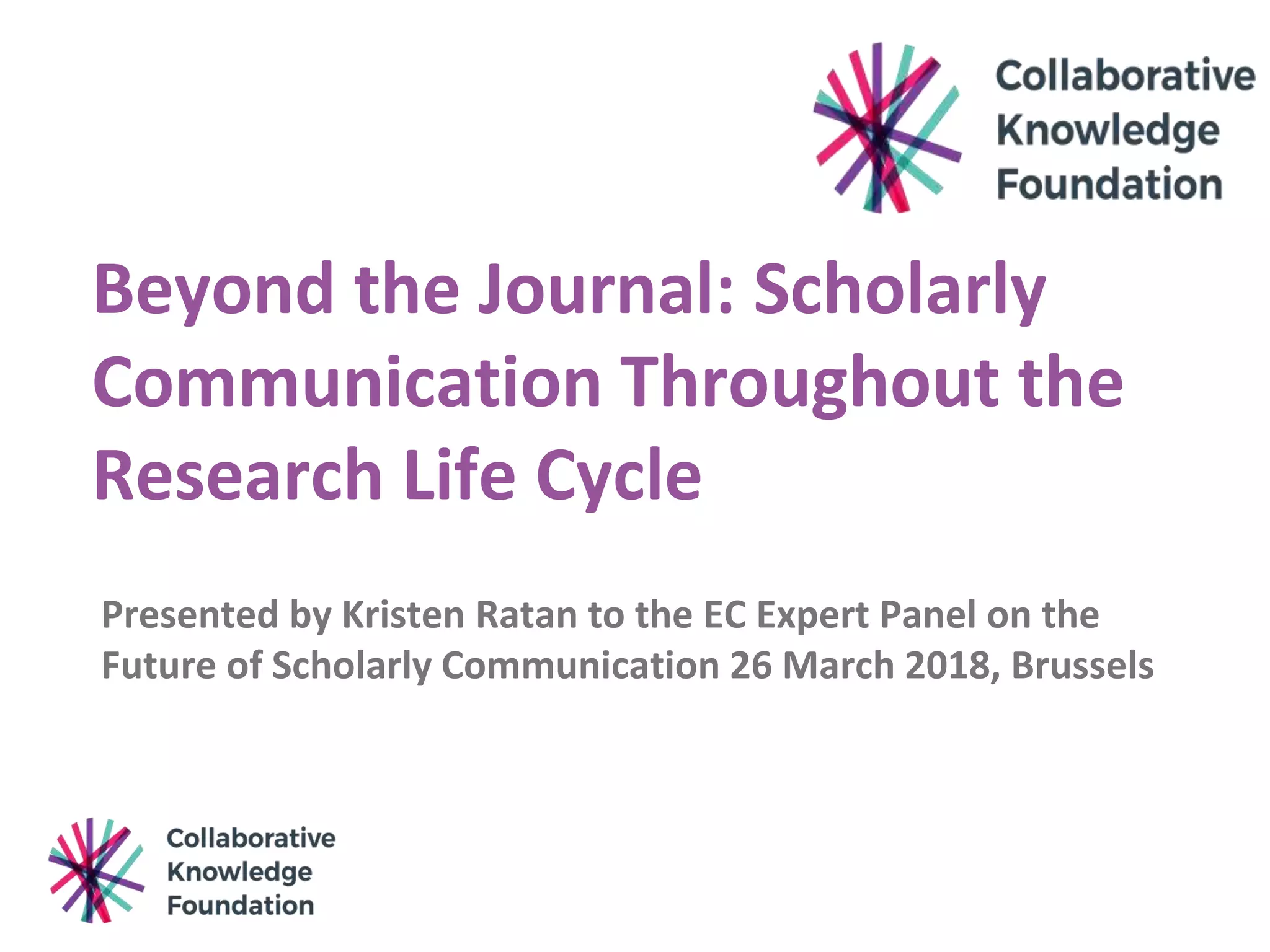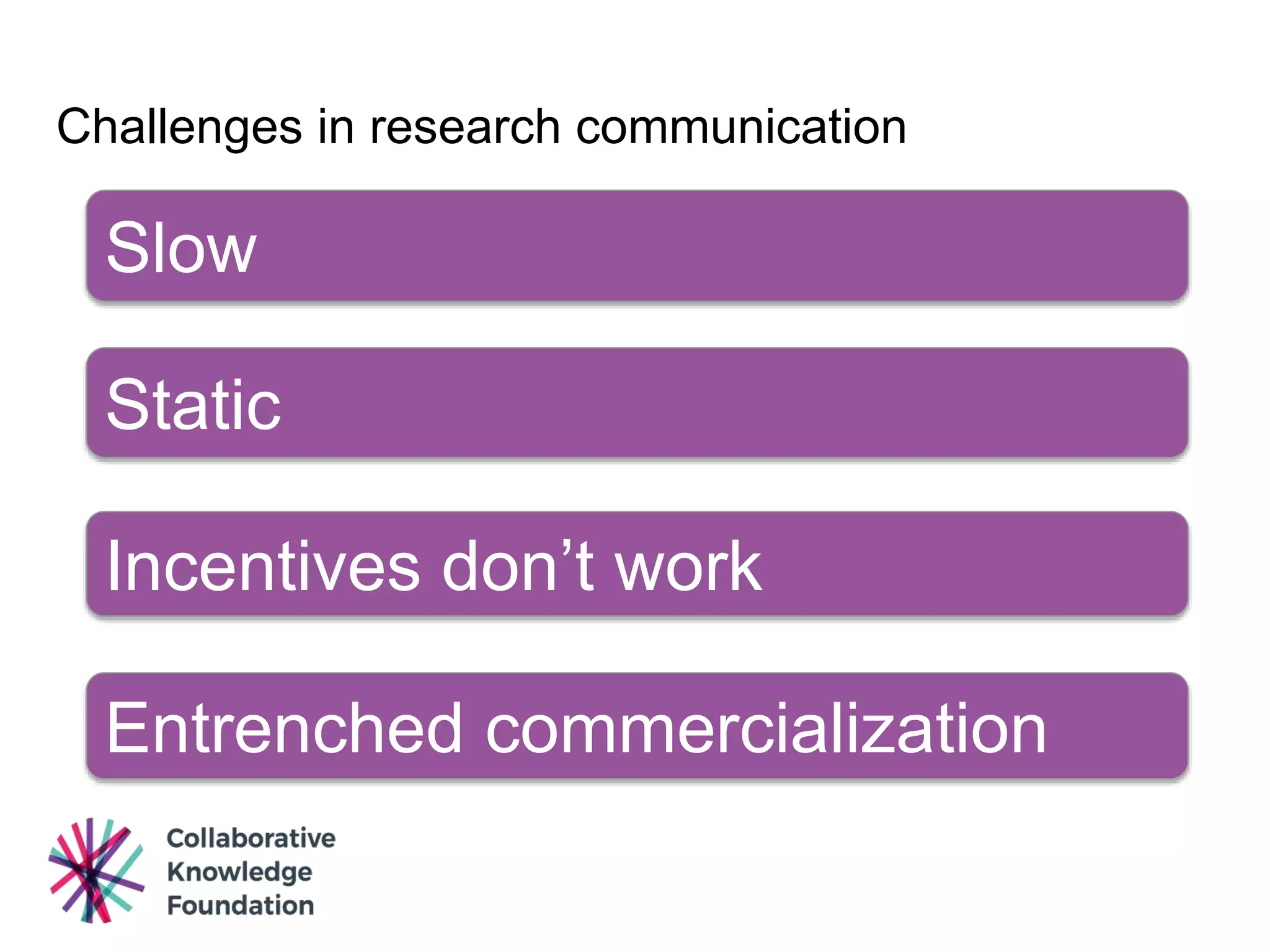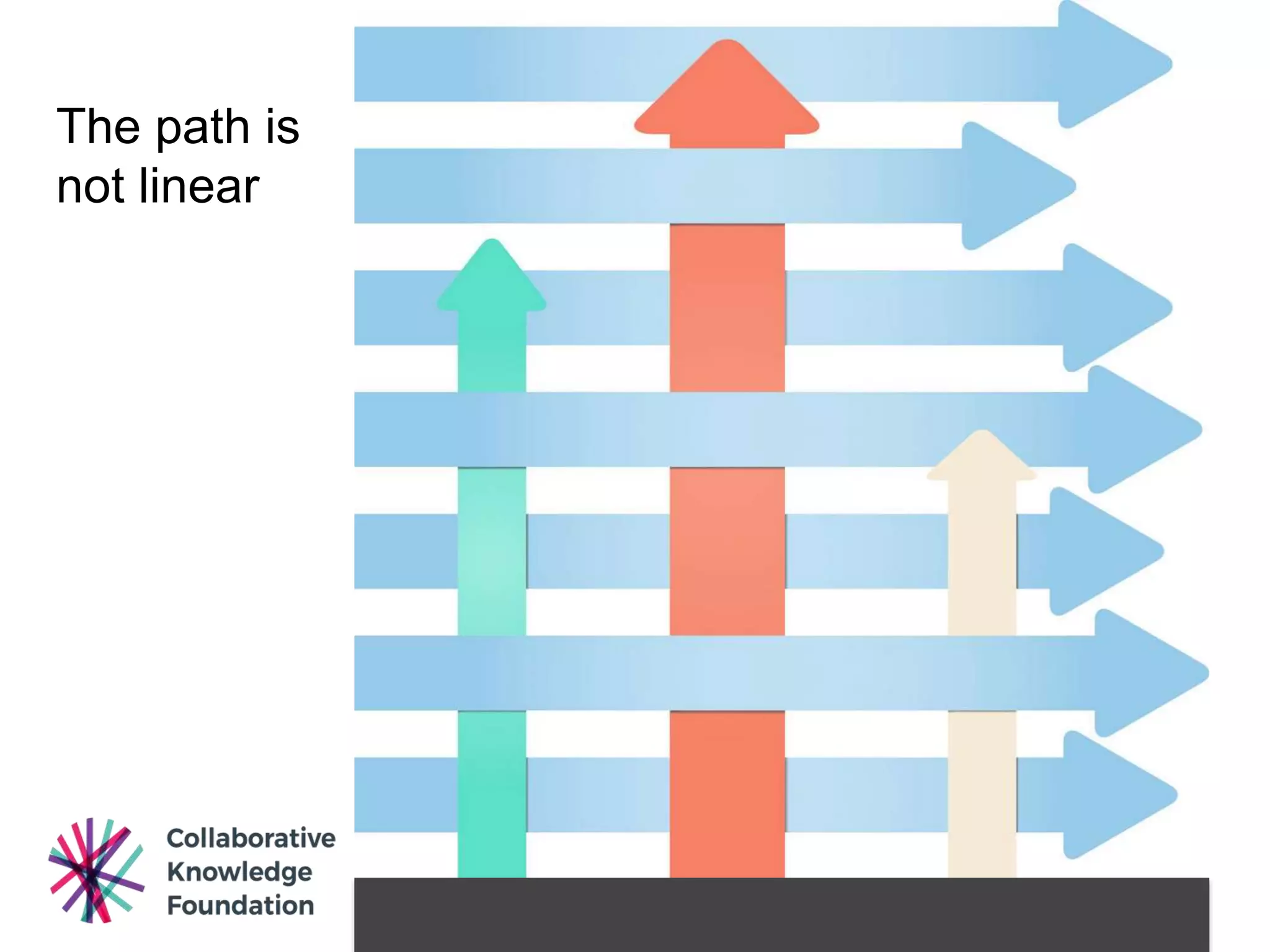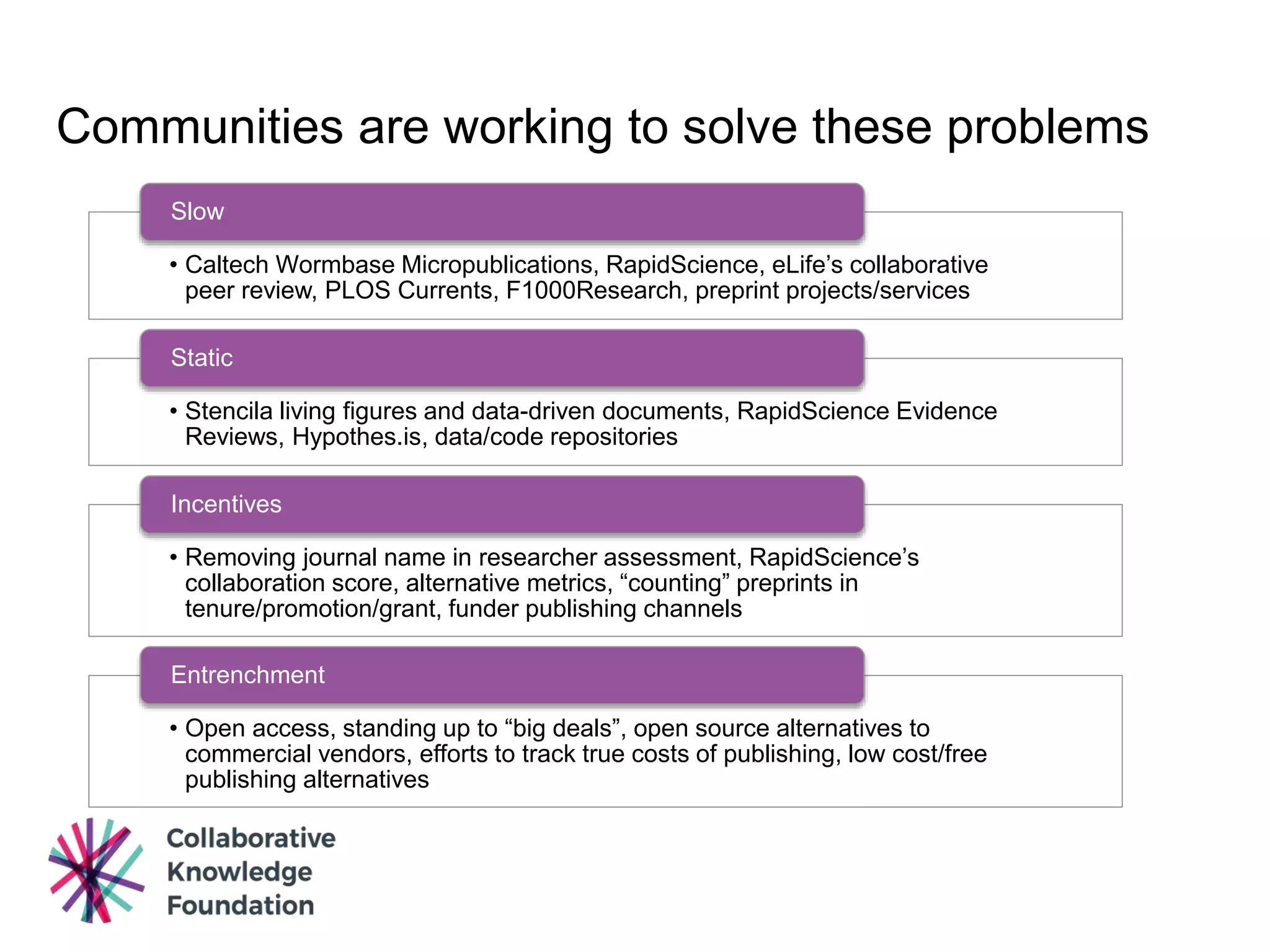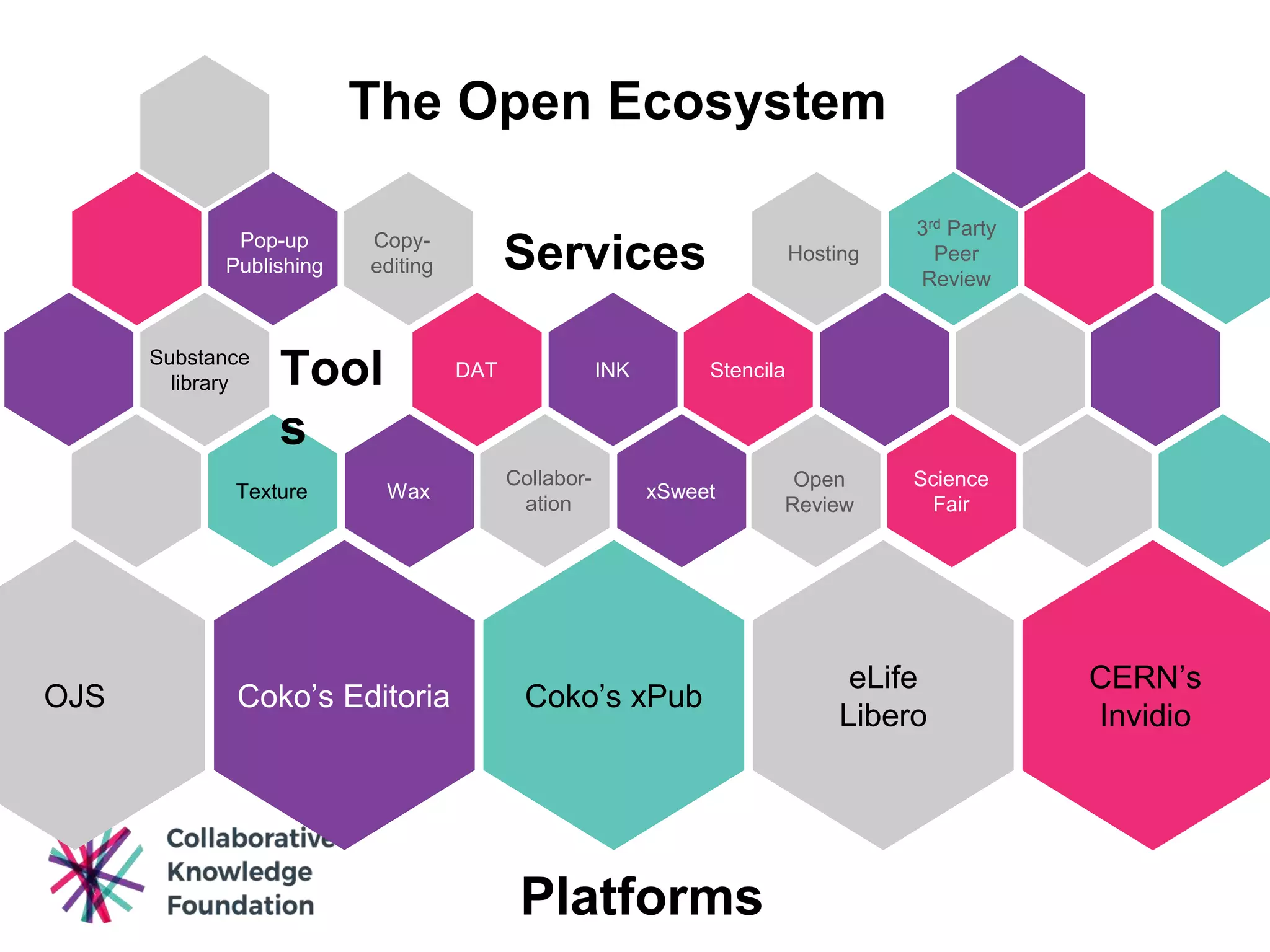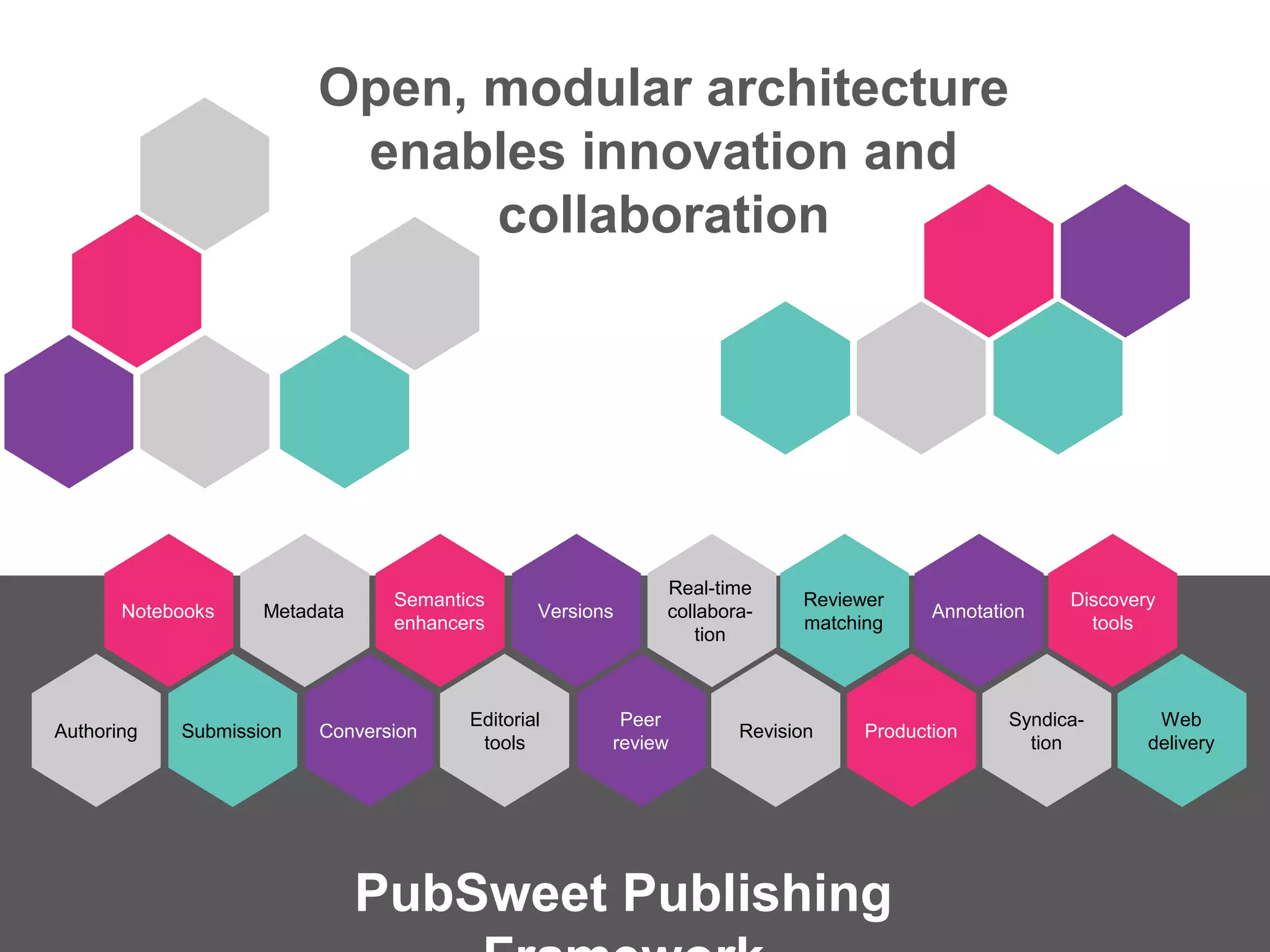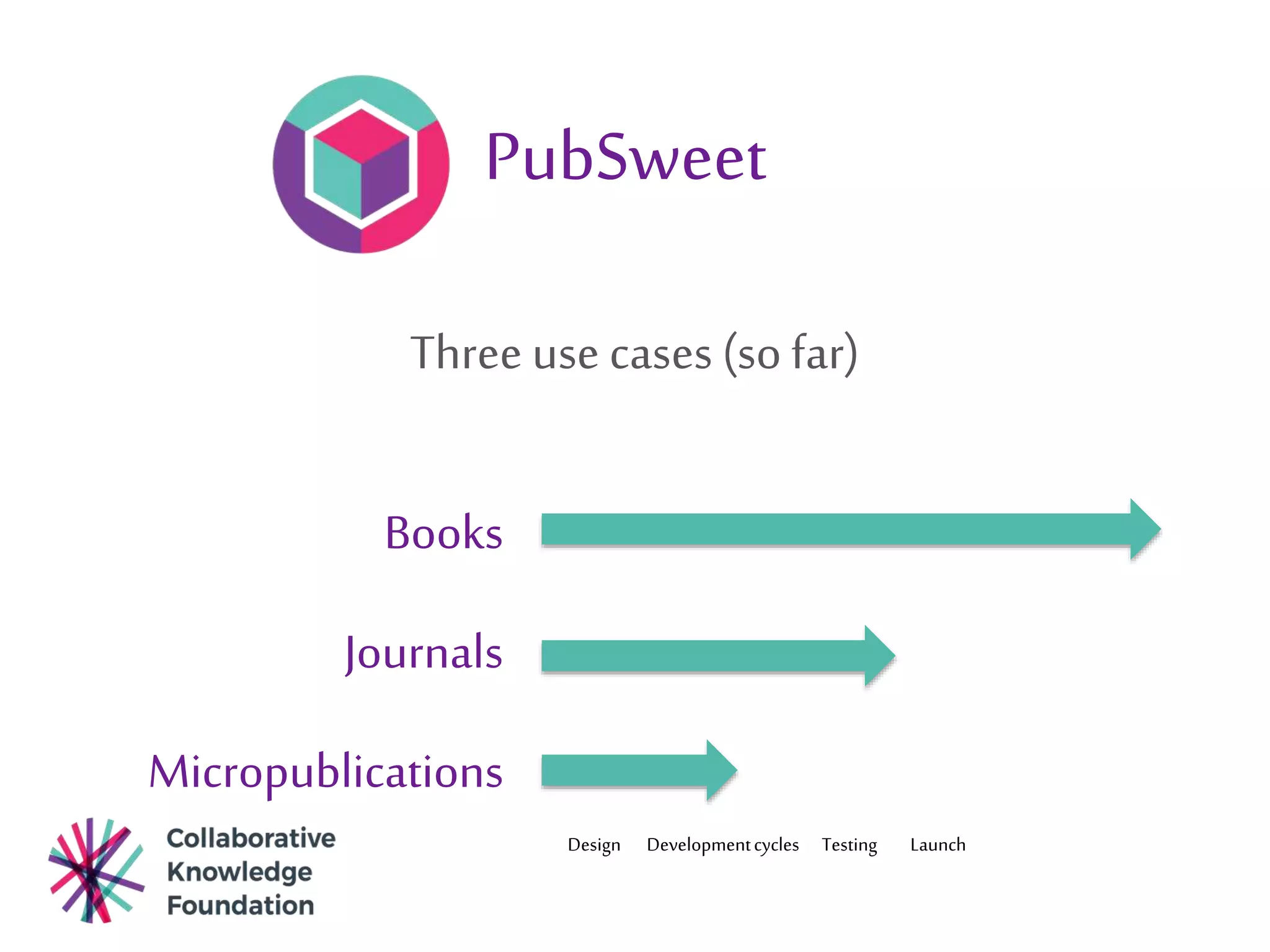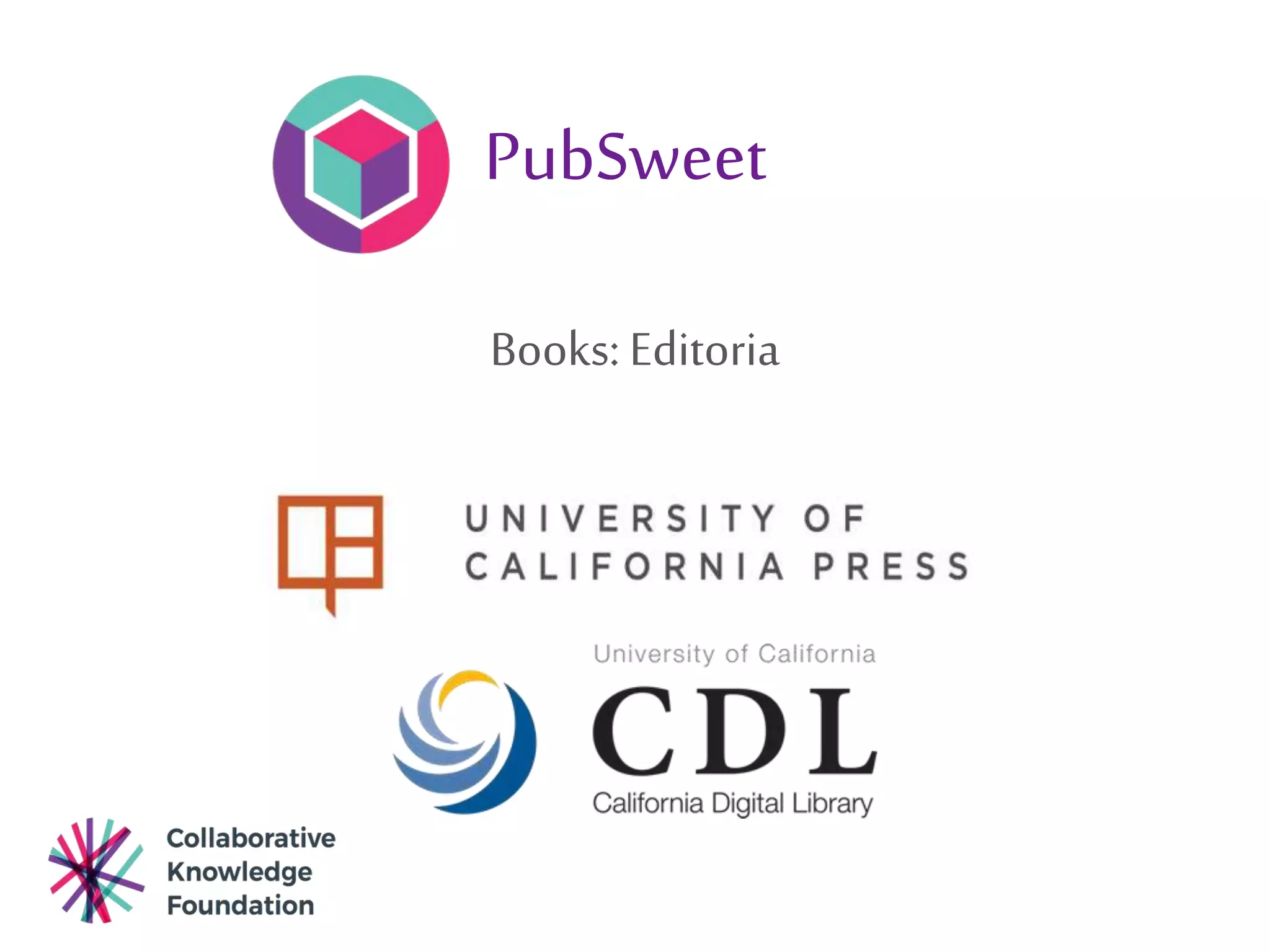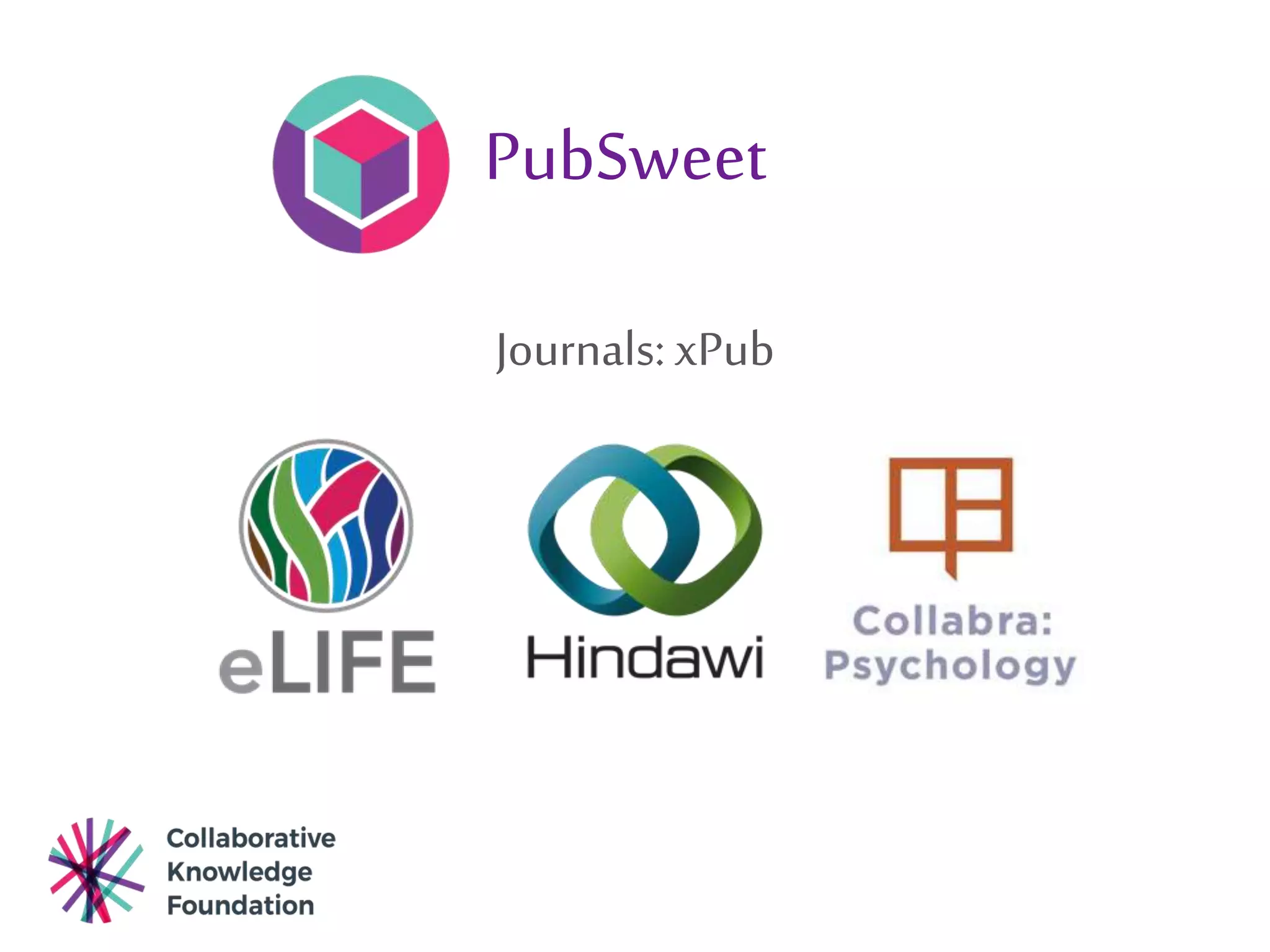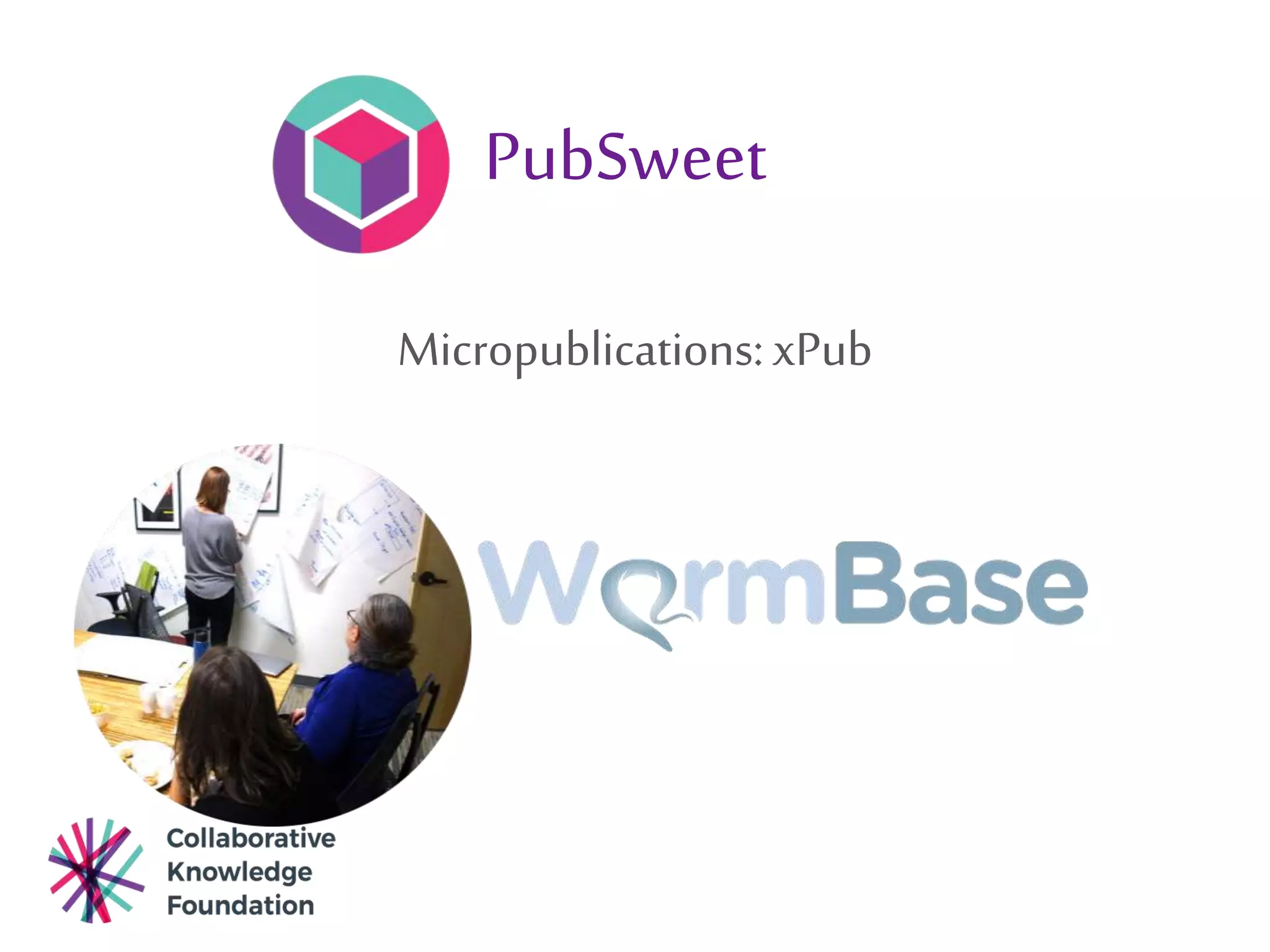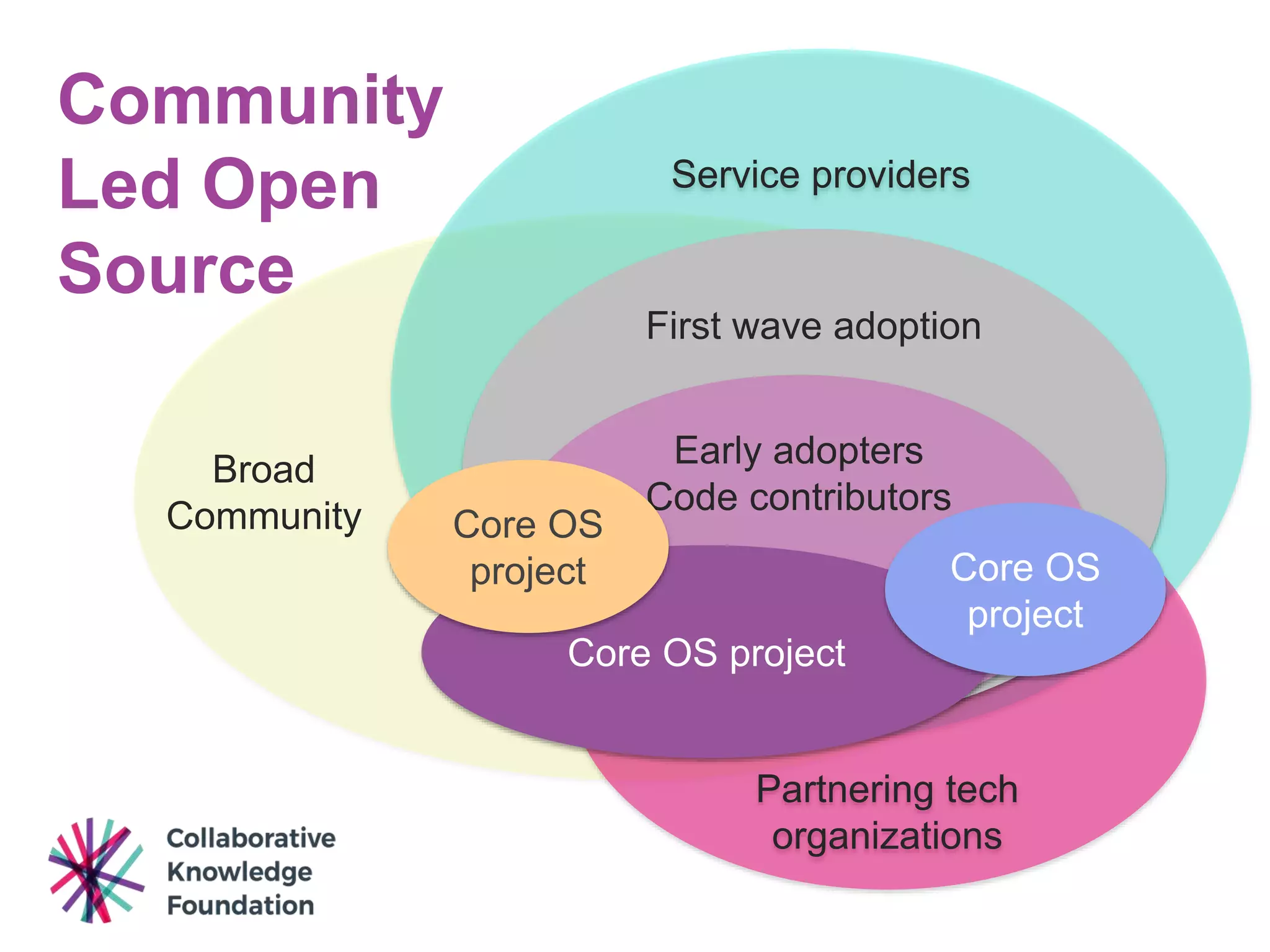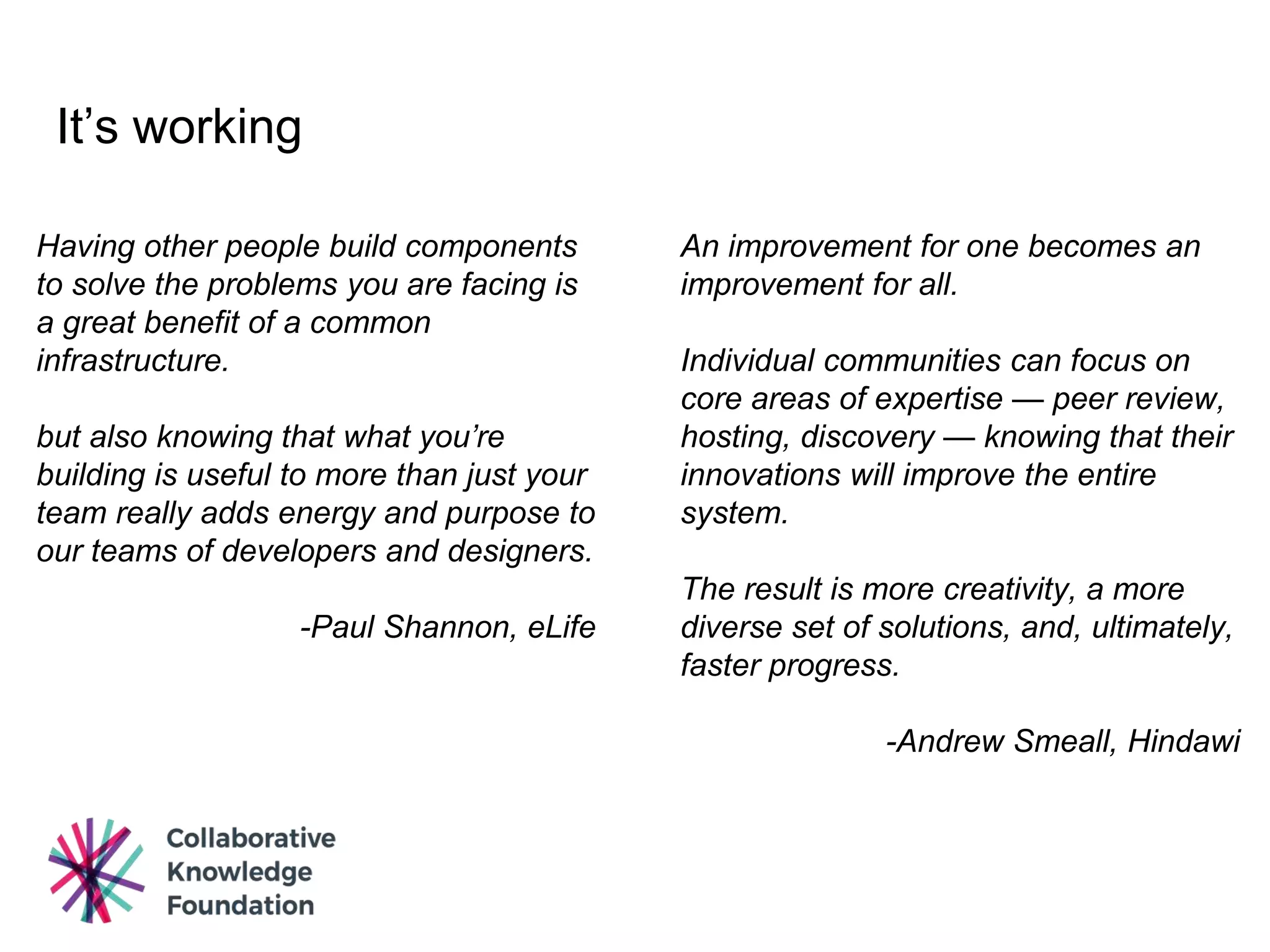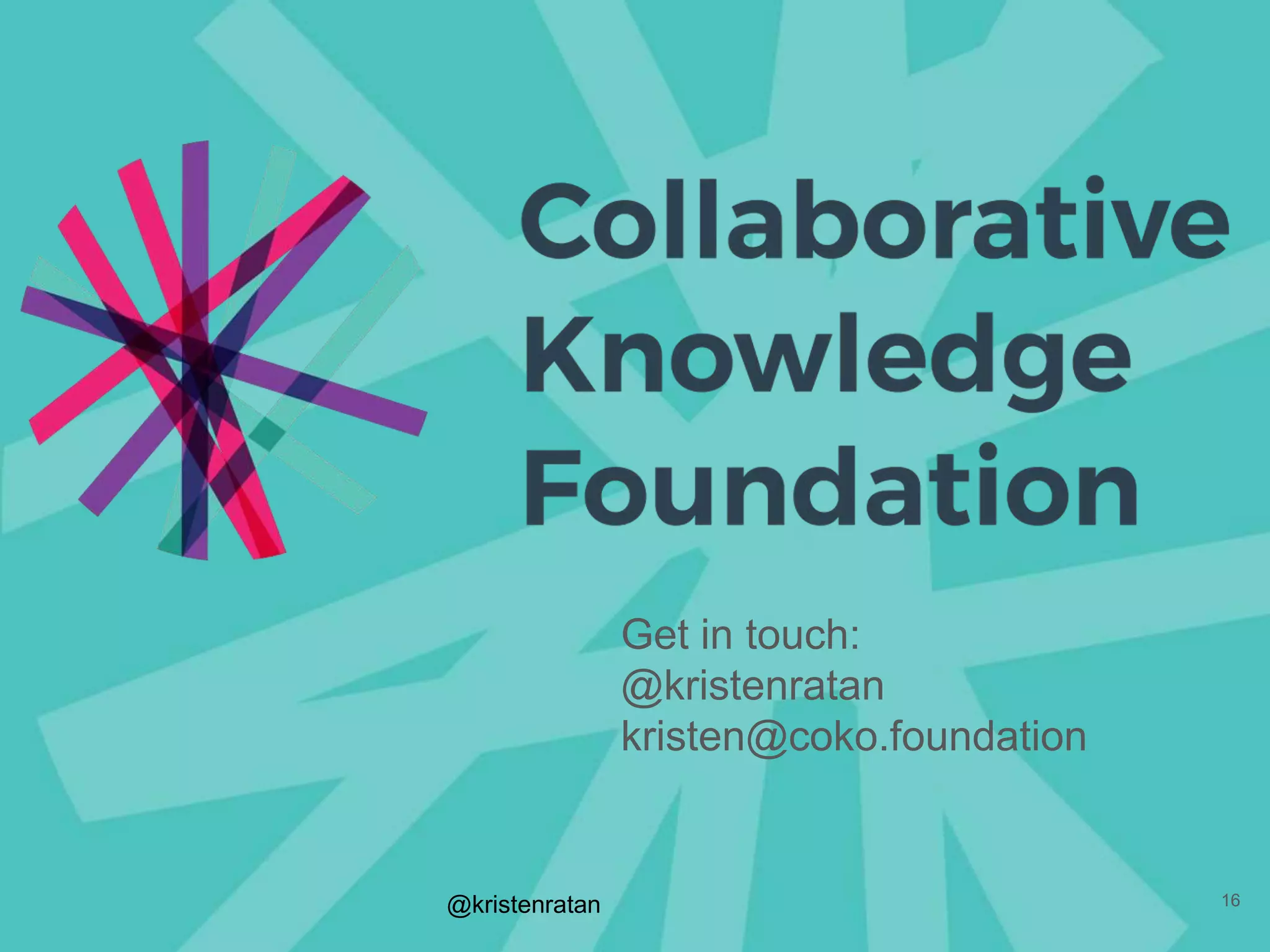The document presents a proposal by Kristen Ratan to enhance scholarly communication by creating an open ecosystem that treats research as a public good, emphasizing transparency, equity, and inclusivity throughout the research life cycle. It highlights the importance of sharing research outputs at every stage and addressing challenges such as commercialization and static incentives. The proposal advocates for a community-driven approach to develop modular and interoperable tools that collectively improve the research communication landscape.
